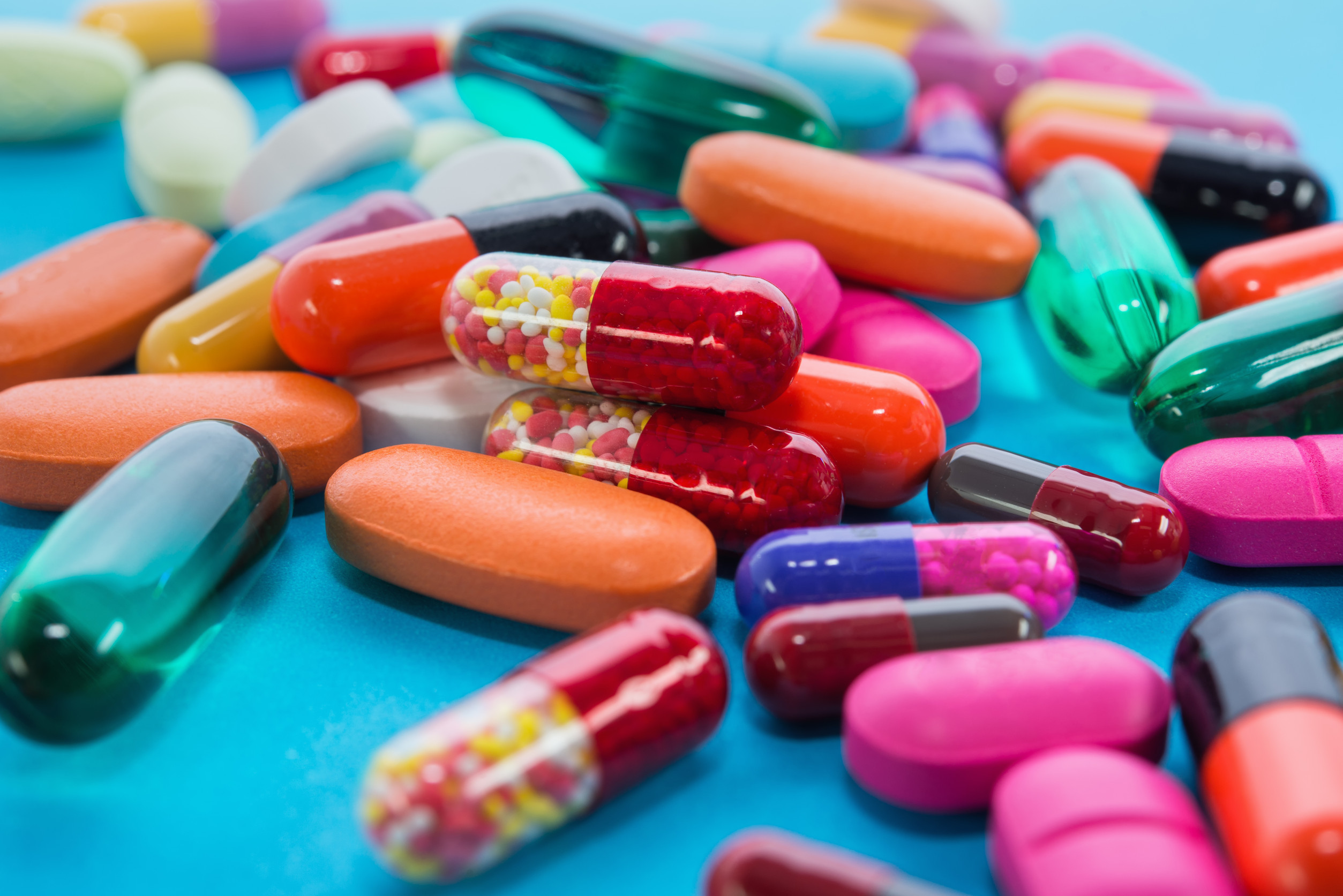When your child is sick, reaching for medicine feels like the responsible thing to do. But not all medications are created equal—and some that seem harmless can come with serious risks for children. Certain over-the-counter and prescription drugs can lead to dangerous side effects in kids, from slowed breathing and heart complications to hallucinations and liver damage. Understanding which meds to watch out for helps you make safer choices and avoid unintended consequences. Here’s what every parent should know about eight medications with the potential to do more harm than good when it comes to kids’ health.
1. Aspirin
Aspirin may seem like a simple pain reliever, but it can be dangerous for children under 18. It’s been linked to Reye’s syndrome, a rare but potentially fatal condition that causes swelling in the liver and brain. This risk is especially high when aspirin is given during a viral illness like the flu or chickenpox. Despite its effectiveness in adults, aspirin should never be given to children unless a doctor specifically prescribes it. Safer alternatives like acetaminophen or ibuprofen are typically recommended for treating fever or pain in kids.
2. Codeine
Once commonly prescribed for coughs and post-surgical pain, codeine has fallen out of favor due to its unpredictable effects in children. Some kids process codeine too quickly, turning it into morphine in their bodies at a dangerously fast rate. This can cause severe breathing problems or even death, especially in younger children. The FDA has warned against its use in anyone under 18, particularly after tonsil or adenoid surgery. If your child is prescribed a pain reliever, ask your doctor about non-opioid options instead.
3. Promethazine
Promethazine is often used to treat nausea, vomiting, and motion sickness—but it can come with serious side effects in kids. In children under two, it’s been known to slow or stop breathing. Even in older kids, it can cause extreme drowsiness, agitation, or confusion. Many pediatricians now avoid prescribing it entirely to young patients. If your child struggles with motion sickness, safer remedies like antihistamines or natural options may be a better fit.
4. Diphenhydramine (Benadryl)
While diphenhydramine is a common allergy medicine, it’s not always safe for kids. Giving the wrong dose or using it as a sleep aid can lead to hallucinations, seizures, or even overdose. Some children experience the opposite of drowsiness, becoming hyperactive and irritable. The FDA warns against giving Benadryl or similar products to children under two, and caregivers should always follow dosing instructions exactly. If you’re unsure, consult a pediatrician before offering this medication.
5. Cough and Cold Medications
Many over-the-counter cough and cold products contain a mix of ingredients like decongestants, antihistamines, and cough suppressants. For children under six, these combinations can cause more problems than they solve, including rapid heart rate, high blood pressure, and sleep disturbances. The risk increases if multiple medications are used at once, leading to accidental overdose. Pediatricians often recommend skipping these medications and using saline sprays, humidifiers, or honey (for kids over one) to ease symptoms naturally. Always read labels carefully, and never assume “children’s” products are automatically safe.
6. Loperamide (Imodium)
Loperamide is used to treat diarrhea, but it’s not usually recommended for children. In high doses, it can cause heart rhythm problems and serious complications. Some parents may mistakenly give adult versions of this medication to kids, which significantly increases the risk. It’s best to treat diarrhea in children with fluids and electrolytes rather than medication. If symptoms persist, talk to your pediatrician before reaching for over-the-counter treatments.
7. Antidepressants
While antidepressants can be helpful for children in certain situations, they also come with potential risks. Some medications in this class may increase suicidal thoughts or behaviors in kids and teens, especially in the early stages of treatment. Doctors carefully weigh the benefits and monitor young patients closely when prescribing them. If your child is taking an antidepressant, keep open lines of communication and watch for changes in mood or behavior. Never stop or adjust the dosage without consulting the prescribing doctor.
8. Ibuprofen (When overused)
Ibuprofen is generally safe for children when used correctly, but overuse can lead to problems. Giving too much too often can cause stomach ulcers, kidney damage, or internal bleeding. Parents sometimes rotate between acetaminophen and ibuprofen without keeping track, accidentally giving more than the recommended dose. Always follow the dosing chart based on your child’s weight and age and use a proper measuring tool. When in doubt, call your pediatrician for guidance rather than risking a dangerous mix.
Know What You’re Giving Before You Give It
The key to avoiding dangerous side effects in kids is understanding that not every medication labeled “safe” for adults is right for children. Their bodies process drugs differently, and what works for grownups can have very different effects on a child. Even familiar over-the-counter meds deserve a second look when it comes to dosage, age recommendations, and side effects. When you’re unsure, reaching out to your child’s pediatrician is always the best move. A cautious approach can prevent unwanted health scares and help you make the best decision for your little one.
Have you ever been surprised by a medication’s side effect in your child? Share your experience and tips with fellow parents in the comments!
Read More:
Parenting Hacks: 9 Effective Strategies for Helping Your Child Take Medications
7 Terrifying Things Parents Forget
The post Dangerous Mix: 8 Medications With Dangerous Side Effects in Kids appeared first on Kids Ain't Cheap.








